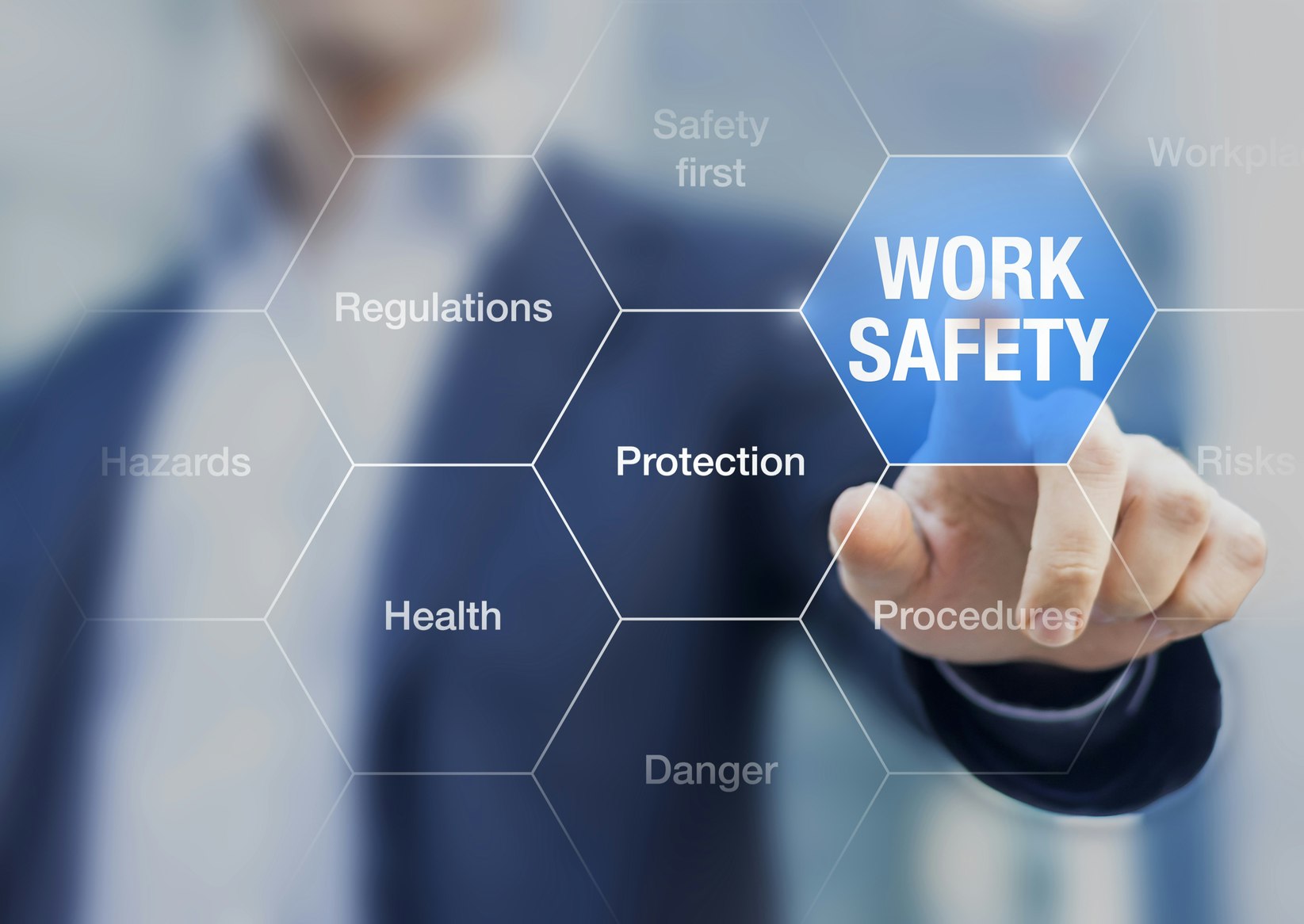Diisocyanates play an important role in the application of PUR hot melt adhesives, but they have to be handled correctly to avoid a negative impact on health. Incorrect handling can result in acute irritation or even permanent damage to skin and mucous membranes, and respiratory diseases such as asthma can also be triggered.
For this reason, diisocyanates have been re-evaluated and restricted by the EU Commission. In August 2020, the European Chemicals Agency (ECHA) finally published a restriction on products containing diisocyanate that only allows them to be processed with a training certificate.
Why is the regulation necessary?
Timm Schulze: Isocyanates are used in the production of polyurethane, which can be found in foams, mattresses, lacquers, plastics and adhesives. The finished end product is completely harmless, but the emissions of the monomeric diisocyanates are not, and these may be released during use. The size of these monomers allows them to enter the body through the skin or the air we breathe, where they have a toxic effect. This can result in contact allergies, mucous membrane irritations or even chronic respiratory diseases.
What does the restriction mean for Jowat?
Ina Benz: As manufacturers of these adhesives, we label the containers as hazardous if their content of monomeric isocyanates – i.e. diisocyanates – exceeds 0.1%. As of August 2023, these products can only be used if all those involved have completed the appropriate training. We also have to make this clear with the appropriate labelling from February 2022.
What changes for the users?
Ina Benz: There are a number of requirements to be met by the customers. Everyone involved in dealing with these adhesives has to have the appropriate training – even the HGV and forklift drivers – and this training has to be refreshed at regular intervals. It also has to be provided whenever new employees start with the company, and so the whole thing can be expensive and time-consuming.
Read the whole story and other interesting articles in our customer magazine.

